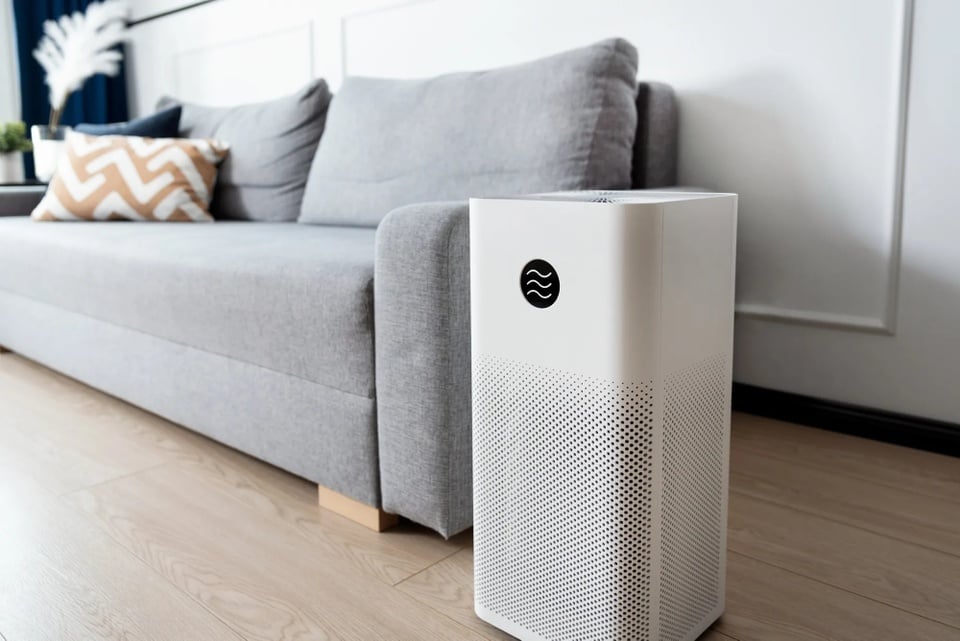 |
Most air purifiers have not been tested in real-world conditions. Photo: Bloomberg . |
A study published in the Annals of Internal Medicine revealed that the majority of air purifiers advertised as capable of killing viruses and bacteria have not been tested in real-world conditions. Of nearly 700 scientific studies reviewed, only about 8% were tested in real-world environments with humans, while the remaining more than 90% were conducted in open spaces or on laboratory animals.
This is concerning because many respiratory viruses, such as influenza and Covid-19, can be transmitted through the air. The recent pandemic demonstrated the devastating impact of respiratory illnesses, making the need for solutions to improve indoor air quality urgent.
Technologies such as HEPA filters, ultraviolet lights, or special ventilation designs are expected to help limit pathogens, but experimental evidence on humans is scarce.
The disparity is also evident across individual technologies. Of the 44 studies on photocatalytic oxidation, which produces chemicals to kill microorganisms, only one examined its effectiveness in preventing infection in humans. For the 35 studies on plasma technology, this number was zero. More than 40 other studies on filters incorporating nanomaterials also lacked human trials.
The gap between marketing claims and scientific data raises many questions for consumers. While manufacturers often promote products that can prevent viruses, for use in schools, medical centers, or workplaces, there is not enough strong evidence to confirm this in practice.
Some technologies even produce byproducts such as ozone, formaldehyde, or hydroxyl radicals, compounds that can be harmful when inhaled. However, only 14 out of 112 studies focusing on technologies that produce harmful byproducts actually examined this impact, a stark contrast to the rigorous procedures in pharmaceutical research.
According to the authors, evaluating effectiveness through air quality indicators such as reduced levels of fine dust or bacteria does not necessarily translate into a reduction in the actual risk of infection. This knowledge gap prevents scientists from determining the true level of protection that air purifiers provide.
Source: https://znews.vn/cu-lua-cua-may-loc-khong-khi-post1580136.html


![[Photo] Portraits of the 19 members of the Politburo of the 14th Party Congress](/_next/image?url=https%3A%2F%2Fvphoto.vietnam.vn%2Fthumb%2F1200x675%2Fvietnam%2Fresource%2FIMAGE%2F2026%2F01%2F23%2F1769161873355_z7460119485980-304d85fe10d12298f1db614b0d2aa6bc-jpg.webp&w=3840&q=75)


![[Photo] The Politburo, the Secretariat, and the Central Committee are introduced at the Congress.](/_next/image?url=https%3A%2F%2Fvphoto.vietnam.vn%2Fthumb%2F1200x675%2Fvietnam%2Fresource%2FIMAGE%2F2026%2F01%2F23%2F1769156522913_11.jpeg&w=3840&q=75)




























































































Comment (0)